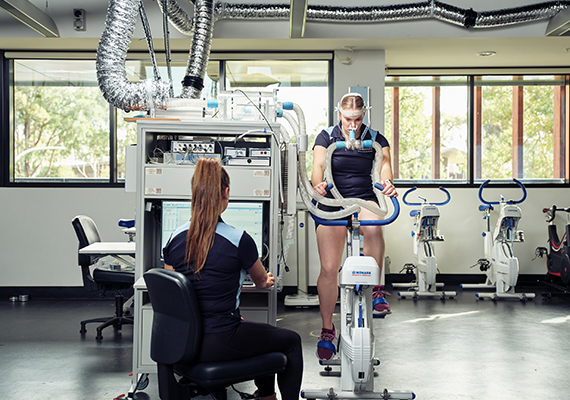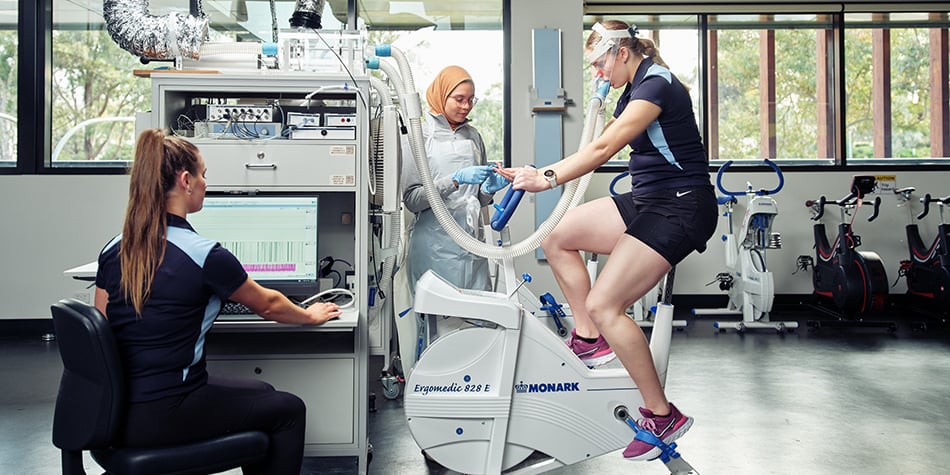Setting up the next generation for success
Natalie’s focus now is empowering the next generation of sport professionals – especially women. ‘We ran a few women in sport events for high school students, and I remember hearing too many times, the young girls say, "I love sport, but I just don't know what to do”. Or, “I'm not an elite sports person, so I can't have a career in sport”. And I think that's a terrible misconception.’
She’s also set her sights on supporting emerging leaders within academia and research. ‘By the time the 2032 Olympics come around, I'll probably be getting to that point where I'll be looking at winding down my career. So, I've got a few years to help set things up, then I want a few years of really getting the young academics into positions where they're going into leadership roles. By 2032, it's going to be them, not me.’
When it’s all done and dusted and she rides off into retirement, Natalie would like to be remembered as someone who empowered people to see their capability – a role model unafraid to tackle the tough stuff, who left the space just that little bit better off. ‘I’d like them to think, “She really supported me on my pathway … I've gone on to have a successful career and she played a small part in that”.’
How culture drives success at Deakin
According to Natalie, Deakin’s consistently strong performance in sport world rankings – including recently topping the ShanghaiRanking Global Ranking of Sport Science Schools and Departments for the third time as #1 in the world – is in large part thanks to the culture within Deakin’s School of Exercise and Nutrition Sciences.
‘It’s a positive culture of striving for excellence, but with support,’ she says. ‘If you use a sport analogy, it's like having the coach that's assertive, pushing you to achieve excellence and be your best, but supportive of who you are within the team. The school strives for excellence, but also provides the support for staff to do that.’
‘That culture then feeds down to the students. We push our students to see what they're capable of in a way that's supportive. And that builds our students’ confidence that the degree they're getting is going to give them the best opportunities. They end up leaving the course as strong undergraduate or postgraduate students, which shines through when they go for a job.’
Interested in learning more? Find out more about Natalie’s research.
Ready to find your own path in sport? Browse our world-class sport courses today.


